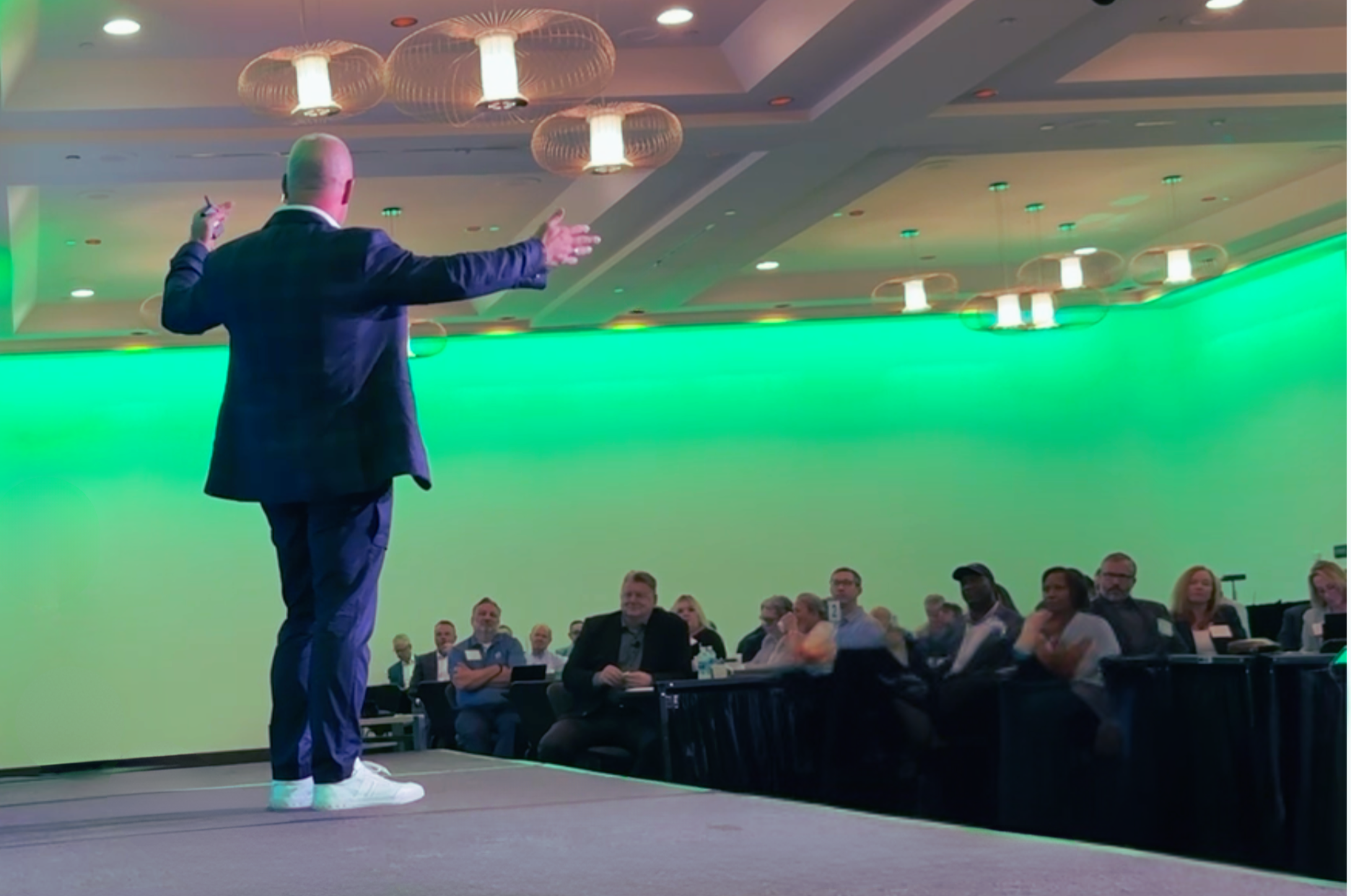Want Better Results? Stop Guessing What People Want.
Here’s the truth: most of what we do in business is just different flavors of the same challenge.
Whether it’s sales, marketing, HR, leadership, customer experience, or any of the other issues we face, we’re just trying to get people to do something. Buy the thing. Click the link. Apply for the role. Stay with the company. Show up. Get on board. Care.
And most of the time, we’re using guesswork to figure out how to make that happen. We look at some tangential data, and then we go with our gut. Or we base our strategy on whatever worked last time. Sometimes we reach for demographics like age, income, or gender, hoping they’ll reveal the magic answer. And when that doesn’t work, we blame timing or the platform or the phrasing, when really, the issue is that we never understood the people we were trying to reach in the first place.
But there’s good news here, and it’s simpler than you think.
You can stop guessing. You can stop building things based on stereotypes or vague personas or what TikTok says Gen Z is into this week. Because there’s something far more stable and far more powerful you can build around: shared human values. When you know what people value, in other words, WHAT MATTERS MOST to them, you don’t have to reverse-engineer their behavior. You can start where decisions actually begin. Inside. Deep in the part of a person that says, “Yes. This feels right. This is obviously for me.”
In a valuegraphic study to prepare for a recent keynote, we focused on loyal franchise customers. We wanted to understand what made these folks tick, and figure out WHY they keep showing up. And what we found was eye-opening. Two values rose to the top of the list: Personal Responsibility and Friendship. And once we saw that, and understood what they meant to this group, everything else became obvious.
Let’s start with Personal Responsibility.
For the loyal franchise customers who hold this value close, life works best when things are dependable, efficient, and fair. These folks crush their to-do lists and get itchy when things feel chaotic or poorly planned. They’re drawn to experiences that respect their time and offer clear outcomes. In our research, they told us exactly what they wanted: just make things easier. Don’t overcomplicate. Don’t make me jump through hoops. Don’t waste my time. Respect me by helping me move forward.
One franchise leader shared a brilliant example. Their organization swapped out a clunky, fifteen-field registration form for a sleek two-click sign-on. Result? A 93% jump in engagement. Because they honored a core value. Another talked about how they trained frontline staff to say, “Let’s make this easier for you.” That simple phrase, delivered with sincerity, made people feel seen and respected. When Personal Responsibility is the value, those are magic words.
Then we looked at Friendship.
Now, this one was unexpected. Friendship doesn’t usually show up as a top-tier value in most studies. It’s often wrapped up inside other values like Belonging, Relationships, or Community. But here? It was loud and proud. And very specific. These customers probably couldn’t articulate this, but the data shows clearly that they are loyal to franchise brands because they feel that their Friendship value is honored. Real, lived-in, face-to-face Friendship. They want to feel like the brand was built by friends, for friends, and about friendship.
The room lit up when we shared that finding.
Suddenly, ideas started pouring in. One person described how their child-care franchise organizes playdates and created a private Facebook group to help new parents find one another. That’s friendship in action. Someone else talked about an alumni day they held to bring past employees and long-time customers together; a celebration of shared history. These ideas might seem odd or frivolous until you know that Friendship is a shared value for the most loyal customers of franchise brands. It’s What Matters Most. So you see, once you know what people value, the strategies to leverage those values practically write themselves.
This is what it looks like when you stop designing for demographic stereotypes and start designing for people. When you stop trying to decode behaviors from the outside in and instead build strategies from the inside out. Demographics can’t tell you this. Job titles won’t whisper these secrets. But values will. Values are how people make decisions; they’re how human brains decide what to do next. And they’re stable. Reliable. Measurable. Universal.
So next time you’re trying to solve a problem—or spark an idea—don’t start with assumptions about age groups or income levels or if people have kids. Start with values. Ask What Matters Most to the people you need to inspire. Then build from there.
Want to know What Matters Most to the people you need to inspire?
Download free guides and resources.
Use the free Valueprint Finder to see how your values compare.
Find out why people call David “The Values Guy.”
Search the blog library for ways to put values to work for you.

